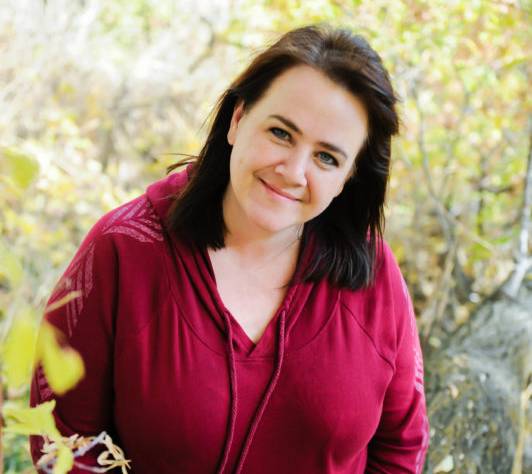It doesn’t seem to matter how much inner work and self-reflection one does there always seems to be areas where we just don’t see ourselves clearly. These blind spots can trip us up when we are least expecting it. False perception of our body is a good example of this. Often, our outside doesn’t match our inside. Mirrors are not accurate reflections of our bodies, and photographs don’t truly capture what we look like, especially when they can be doctored and airbrushed. There is a blind spot there, right in the space between the true reality of our bodies and our perceptions and fantasies of what we think our bodies should look like. When we do see a photo that is unflattering or catches us at an angle that we find unfamiliar it can be like looking at a stranger. Or the reverse, a photo that is so flattering that it no longer serves as an accurate representation.
Our impact on others is another blind spot. Have you ever been surprised by the effect of a simple act on another person? Perhaps you helped someone and didn’t think anything of it or said a few words that changed another person’s life but had no idea your words had penetrated. Later it is discovered that you unknowingly had a great impact on another person. Sometimes we discover to our dismay that we said something unkind, dismissed a person in need or acted in ways that caused harm, all unintentional but still causing an impact.
Wouldn’t it be nice if we had one of those little mirrors that you attach to the side mirror on your car that allows you to see if another driver appears in your blind spot? This has likely avoided many collisions. Likewise, if you can learn to seek out information about your own blind spots you can avoid collisions in your personal life as well as build on strengths you may have been unaware of before. Discovering your blind spot can help you adjust and make corrections that you were unaware of before, it can also inspire you to step into versions of yourself you didn’t know was possible. It can aid you in developing a compassionate view of yourself and making you more open and flexible in other ways. You begin to see yourself, less fixed and more fluid and mutable which opens up the door to improvement and transformation.
How do you discover your blind spot? If you can’t see something, how do you know you can’t see it? We can take it on faith that we all have blind spots. If you believe you have a blind spot you will begin to sense what it is you can’t see. This allows you to notice what might be possible rather than accepting your inner narrative without question. Questioning what you think you know about yourself is a good way to discover potential blind spots. Asking others how they see you or what their perception of you can also help. Others can see parts of you that you don’t see, and it can be helpful in expanding our view of ourselves. Although be careful that you don’t trade your limited perspective for another’s limited perspective.
Some questions to ask yourself when seeking to discover a blind spot:
- What do people often say about me that I automatically dismiss?
- What is a quality I really admire in others? Is it possible that quality is part of me that I can’t see?
- What is a quality I see in others that irritates me? Is it possible that quality is a part of me that I can’t see?
- How would you describe yourself to a stranger? Examine each description with the question “is that actually true?” Deeply meditate on this question and see what arises for you.
- How do people generally act when I walk into a room, or join a meeting etc.?
Some questions to ask your partner, friend, sibling, child etc. when seeking to discover a blind spot:
- What is a trait or quality you see in me that I might be oblivious to?
- What was your first impression of me?
- What would you say is my greatest weakness?
- What would you say is my greatest strength?
Approach these questions with an open and curious mind. It’s okay if you disagree with the other person’s perception of you but it might give you some information you didn’t have prior.
Perhaps you don’t like the idea of asking others how they perceive you, instead notice how strangers treat you, what they say about you in passing or casual interactions. Cashiers, baristas, anyone in the service industry, coworkers, bosses or employees. Be willing to discard old reputations, past perceptions of yourself. You are an ever changing being and like a river that can never be stepped into the same place twice, you too, can never be the same person twice. Let your view of yourself expand by examining your possible blind spots and crafting a new vision of yourself.


2 thoughts on “The Blind Spot”
Thank you for a wonderful insight of self
Thank you very much for your comments.